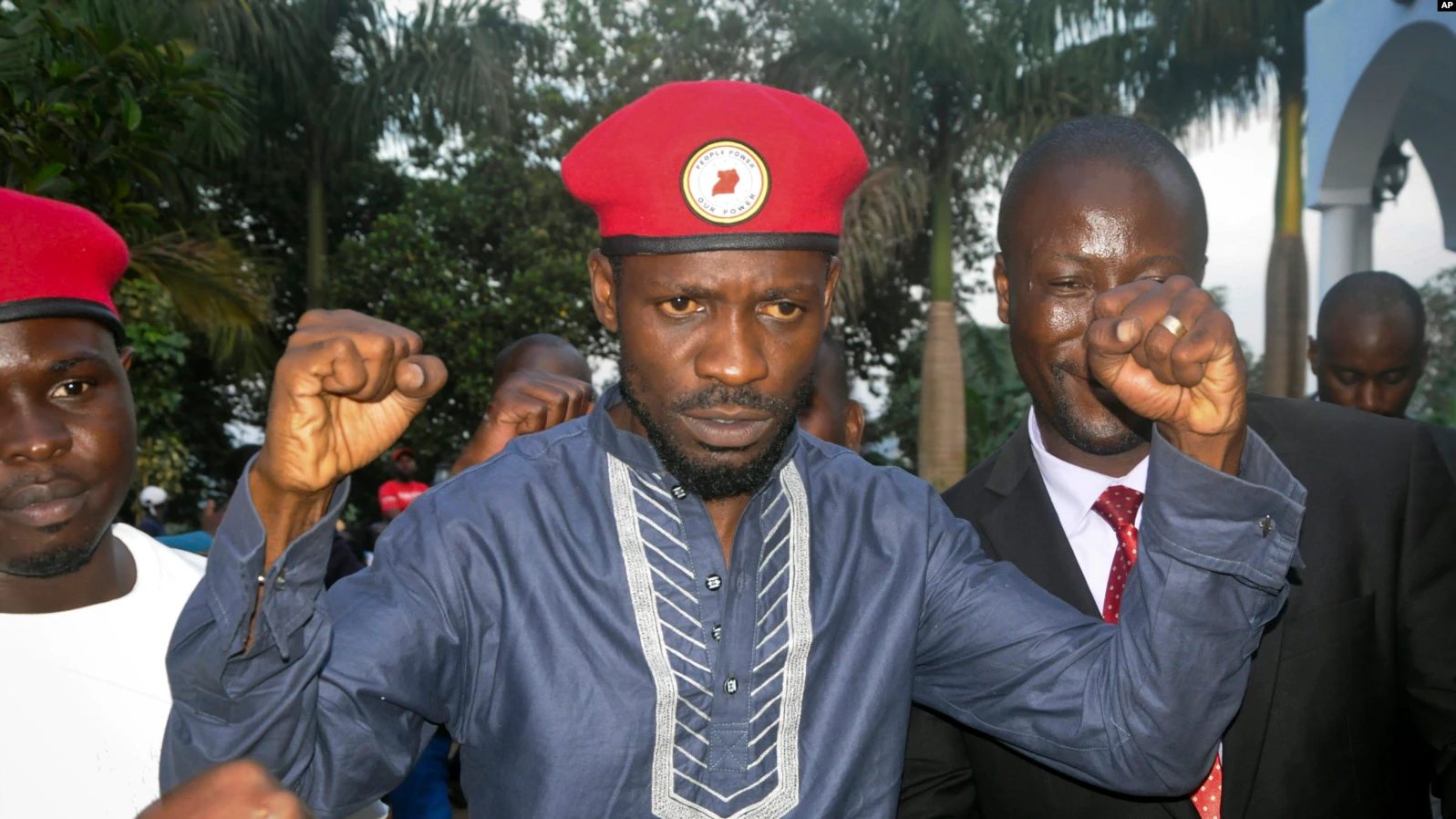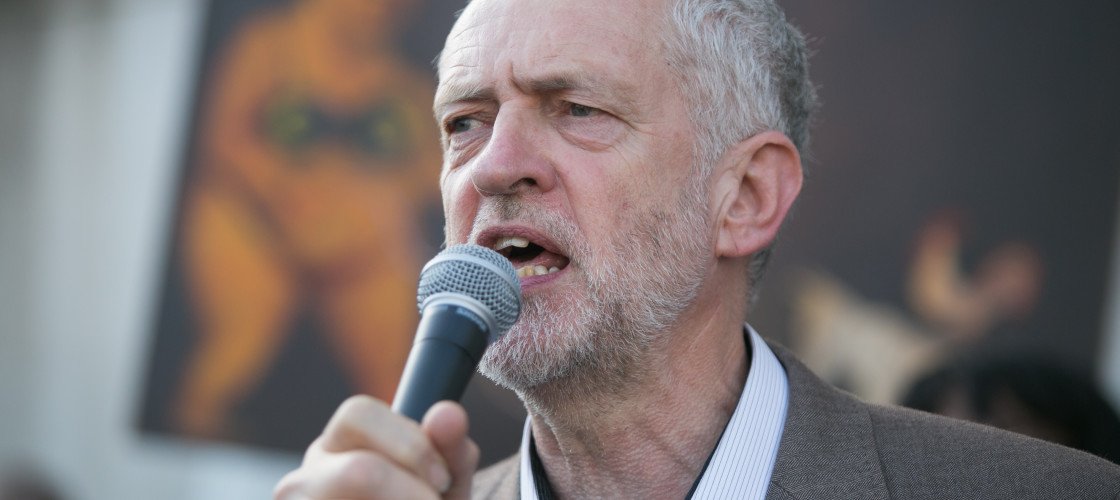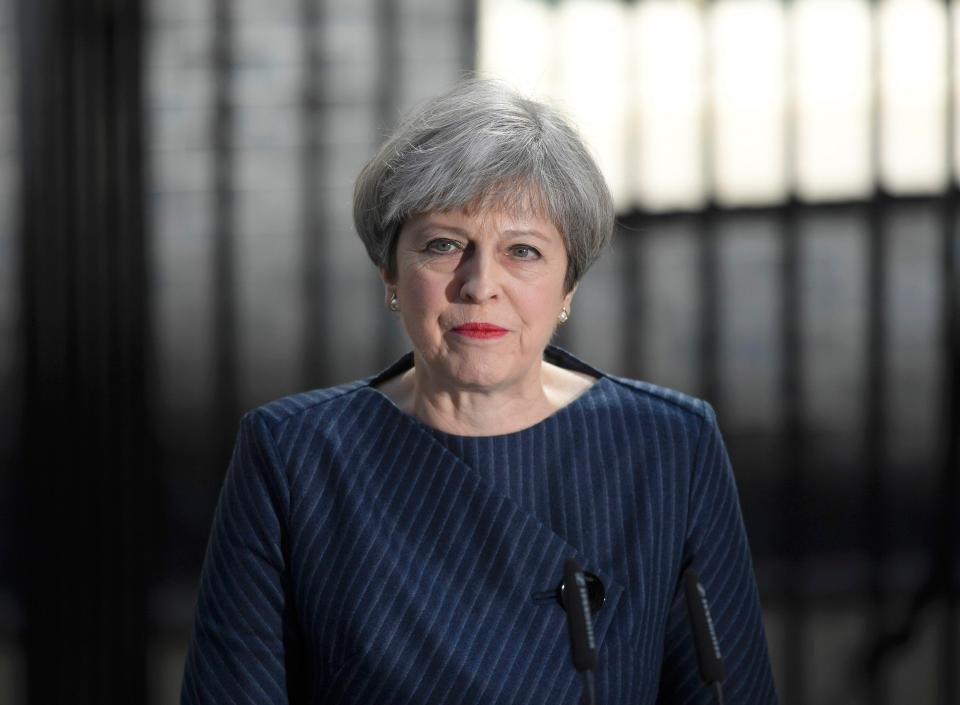The former Conservative leadership candidate Rory Stewart has said he will stand down at the next general election after resigning from the Conservative party.
Mr Stewart tweeted: “It’s been a great privilege to serve Penrith and The Border for the last ten years.”
He was expelled from the Conservatives in the Commons along with 20 other Brexit rebels but remained a member of the party.
Writing for his local newspaper, the Cumberland and Westmoreland Herald, he said: “As you will be aware, I am no longer allowed to run as Conservative MP in Penrith and The Border.
“Because I have loved the constituency so much, I had considered standing as an Independent; but I have decided that I wouldn’t want to run against those Conservative members who have been such wonderful colleagues over the last 10 years.”
In his newspaper column, he said he was “hugely grateful” for the support he had received from members of his local party, but added: “It should be no secret that there are also local party members who would rather I did not run again.”
“I don’t want to test loyalties, destroy old friendships or push any of these issues any further. There is enough toxic division in British politics without importing it into Cumbria!”
He said he would “stay involved in politics” and “continue to explain why I voted for a Brexit deal, while rejecting a no-deal Brexit”.
Prime Minister Boris Johnson expelled 21 MPs from the Parliamentary party at the start of September after they rebelled against him in a bid to prevent a no-deal Brexit.
Some long-serving figures – such as Ken Clarke and Sir Nicholas Soames – are planning to stand down at the next election, while others, such as former Chancellor Philip Hammond and former attorney general Dominic Grieve – are reported to be considering standing as independents.
Mr Stewart is a former foreign office official who was the deputy governor of two Iraqi provinces before entering politics.
He was elected to the Commons in 2010 and is a former international development secretary and prisons minister.
He did better than initially expected in July’s Conservative leadership contest, making it through the first round of voting after few gave him a chance, and eventually coming fifth.
A Remain supporter in the 2016 referendum, he went on to back then prime minister Theresa May’s withdrawal deal.






